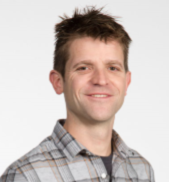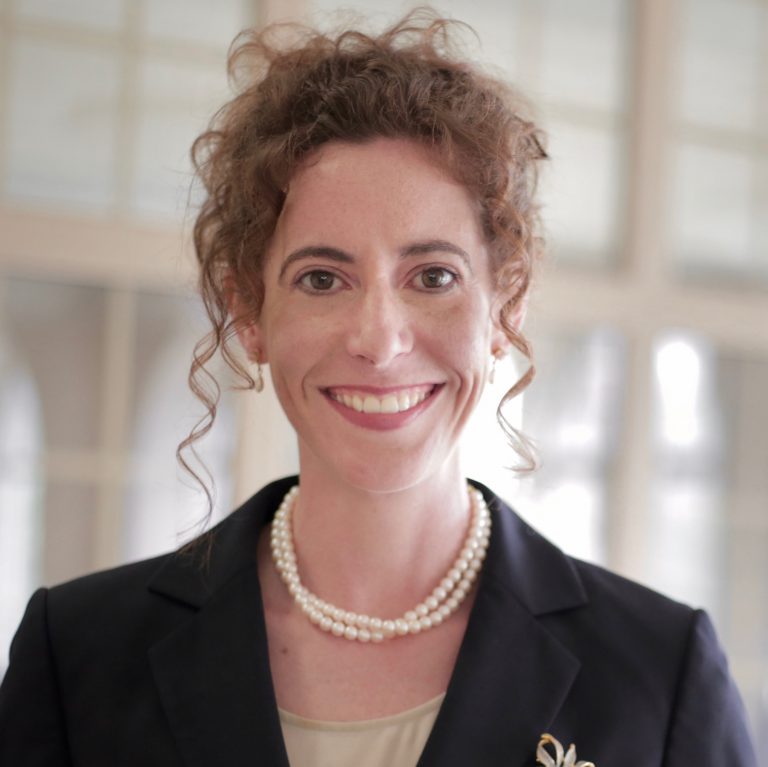
10:10 am
322 Fryklund Hall
Abstract
The traditional roles of industrial designers and mechanical engineers has changed dramatically in the past decade, the relationship between the two has become even more intertwined and inseparable. A great engineer thinks like an industrial designer, and a great designer learns to think like the engineer. We need to remember that both are creative roles, but each have their own specific strengths that we can leverage and build on. Shared understanding and empathy and good communication, and often compromise are at the core of what makes the engineer/designer unit successful in developing innovative new products – and from this talk we will learn how industrial designers look at the problem, what their goals are in a project, and how you can work better with them to make the magic happen (and vice versa!).
Bio
Michael Hammond is Director of Industrial Design at Design Concepts in Madison, WI and a 2000 UW-Stout graduate. With nearly twenty years of professional product design and development experience, he has worked on more than 250 consumer products for Panasonic, Mattel, Trek Bicycles and others. Michael values the process of design: moving ideas forward from the intangible front end to more concrete solutions that get team’s excited about and that their users will value.

